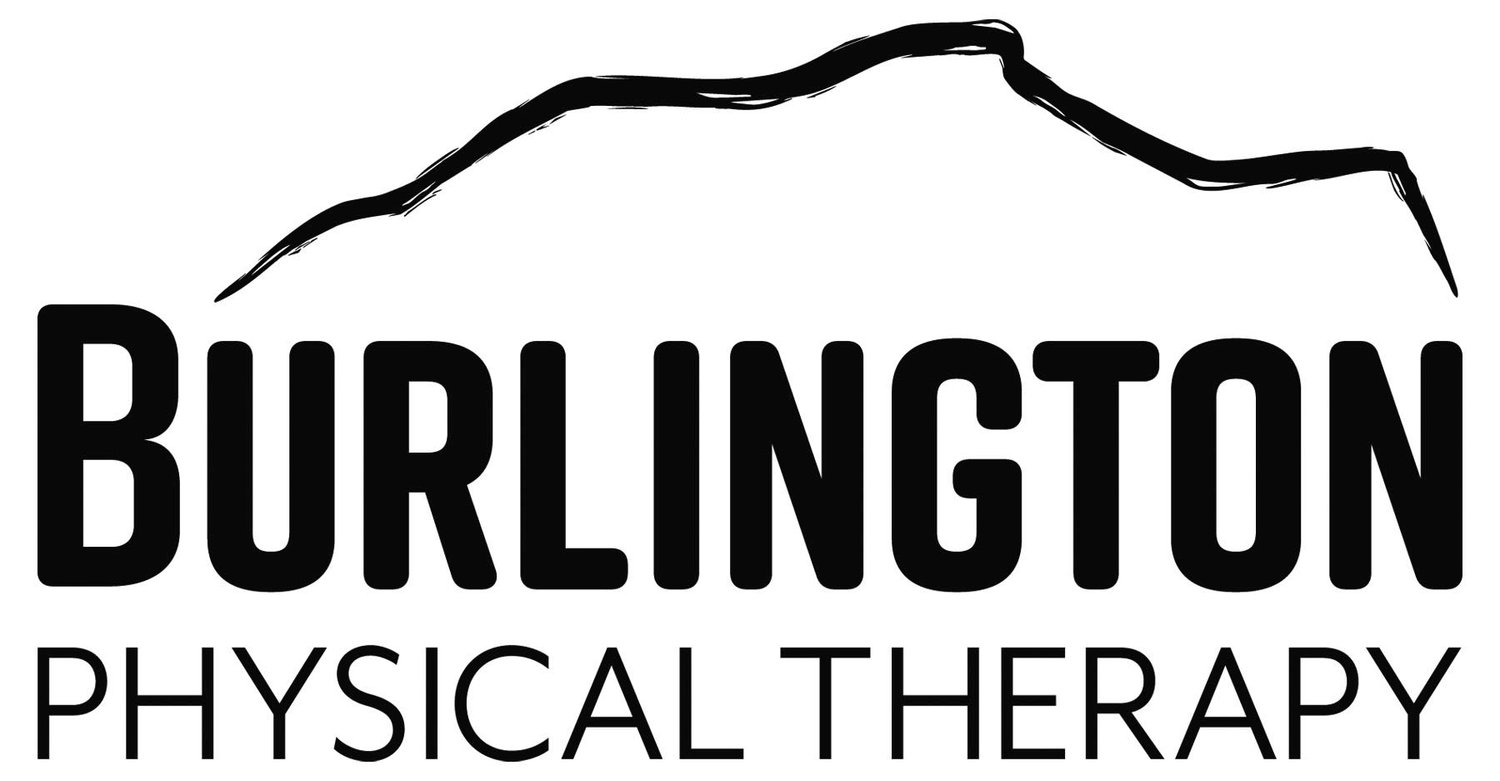Why Is Sleep SO Important & How Much Do You Really Need?
We talk about sleep SO much with our clients as it’s generally overlooked. There are a lot of folks who are squeezing in workouts during a busy work day, tending to families in the evening, and it’s a miracle that you even had fitness that day. We get it, we walk that line, too. We’ve also worked with a lot of folks who don’t view their activity as “worthy” of needing to take sleep seriously because they aren’t a professional athlete. Here’s the thing – it doesn’t matter if you are a fitness enthusiast, recreational or professional athlete, if you are using your body, sleep is where you build strength.
Remember, working out BREAKS DOWN muscle and recovery is when you BUILD BACK stronger aka WHEN YOU SLEEP.
Let’s dig in.
As mentioned above, sleep is often neglected in our training considerations – yet it directly impacts physical performance, exercise recovery, and injury rates.
In regards to physical performance, just some of the things that poor sleep duration or quality has been shown to negatively impact include:
Power generation
Strength
Speed
Accuracy
Reaction time
Poor sleep hinders muscle recovery following exercise by altering the release of growth hormones and inflammatory markers. So, all of that hard work that you are doing in the gym isn’t getting maximized if you aren’t matching that effort with adequate sleep. Interestingly, poor sleep quality can be a sign of nonfunctional overreaching – meaning, your training stimulus is too high for your recovery practices…again, not enough zzz’s.
Finally poor sleep is also linked to increased injury rates, including concussions. One study found that sleeping less than 8.1 hours/night vs more than 8.1 hours/night was linked to a 1.7x increase in injury risk in adolescents. We find this especially interesting when considering injury healing.
By now you’re likely thinking: Great I know sleep is important, but HOW MUCH SLEEP DO I NEED?
Here is what we found for a general consensus for sleep recommendations for athletes:
General recommendations are for athletes to get 7-9 hours of sleep per day, HOWEVER, this will vary per athlete. For example one researcher recommends 10-12 hours of sleep for athletes who train 4-6 hours/day. Endurance athletes, eyes on you right now! A general consensus from researchers is, for athletes to sleep enough that allows them to feel wakeful and alert throughout the following day. This is obviously subjective, but if you wake up tired each morning, it might be time to do an activity/sleep audit.
Napping counts! But note, it is recommended that 80-90% of your total sleep occur during the night. So keep those naps short - one researcher recommends no more than 30 minutes. Finally, avoiding late afternoon/evening naps when you can, is recommended.
Sleep quality is something that is often overlooked. All the studies we looked at considered both sleep duration and quality. Creating good sleep routines and habits, as well as aiming to go to bed and wake-up at similar times can help with overall sleep quality. Check out the chart below for more ideas!
Sleep hygiene strategies that we like:
Table: Source
And some final for food for thought:
If you know you’re going to have an upcoming sleep deficit, there is good news; “banking” sleep can help! “Banking” sleep, or increasing your daily sleep quantity, in preparation for an anticipated upcoming sleep deficit, has been shown to help sustain performance and alertness in a study conducted by the US Army on 18-39 year olds. It’s not uncommon to get really poor sleep before an event/race, try increasing your time in bed the week leading up to it!
Nutshell: Sleep is important. Strive for a minimum of 7 hours/night. Find good sleep hygiene strategies that work well for you. Use napping and “banking” to your advantage.
Sleep well & sweet dreams,
The BPT Team
Sources:
Charest, J., & Grandner, M. A. (2022). Sleep and athletic performance: impacts on physical performance, mental performance, injury risk and recovery, and mental health: an update. Sleep medicine clinics, 17(2), 263-282.
Bird, S. P. (2013). Sleep, recovery, and athletic performance: a brief review and recommendations. Strength & Conditioning Journal, 35(5), 43-47.
Waterhouse, J., Atkinson, G., Edwards, B., & Reilly, T. (2007). The role of a short post-lunch nap in improving cognitive, motor, and sprint performance in participants with partial sleep deprivation. Journal of sports sciences, 25(14), 1557-1566.
Rupp, T. L., Wesensten, N. J., Bliese, P. D., & Balkin, T. J. (2009). Banking sleep: realization of benefits during subsequent sleep restriction and recovery. Sleep, 32(3), 311-321.


